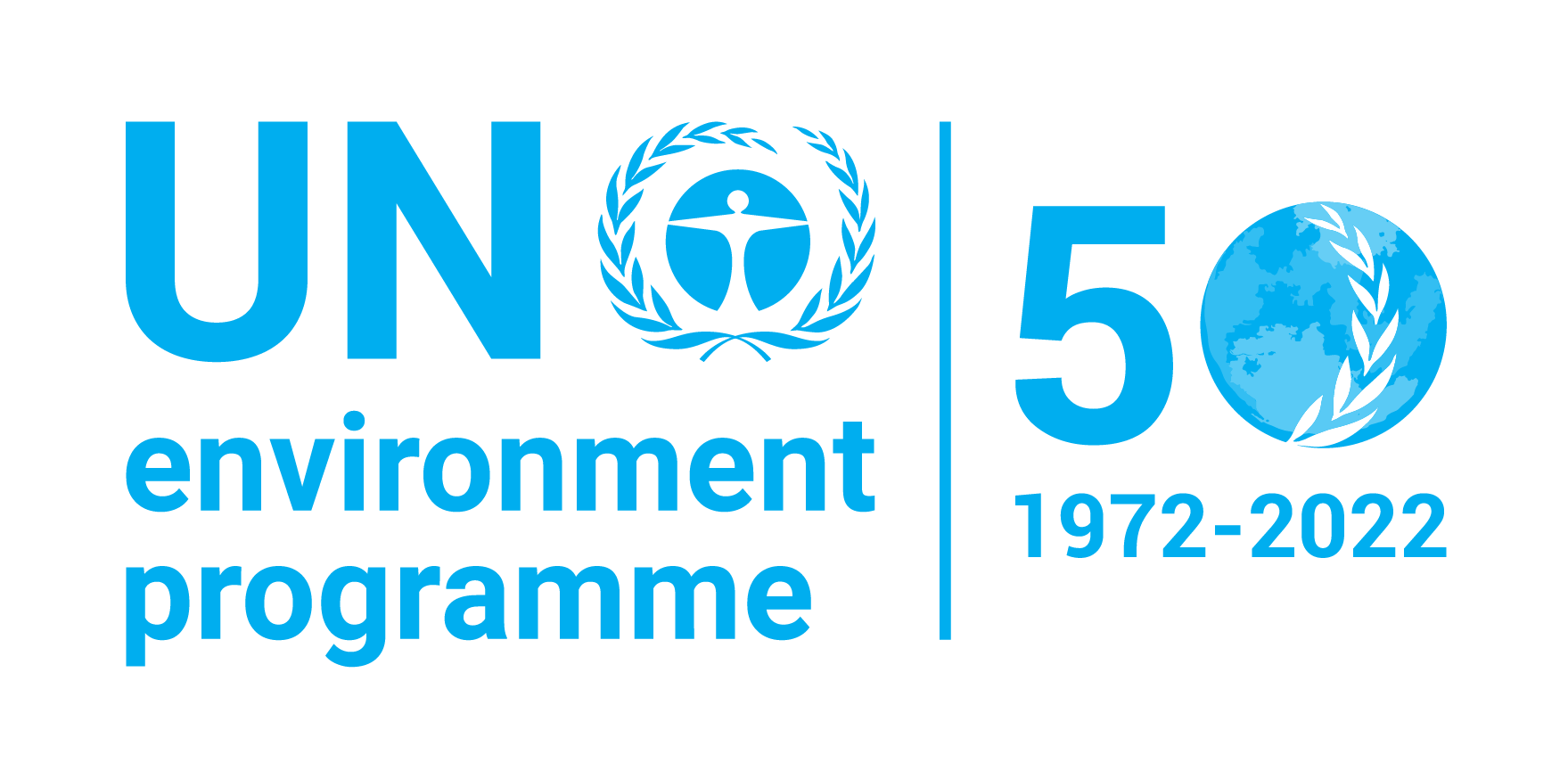| dc.contributor | Ecosystems Division | en_US |
| dc.contributor.author | United Nations Environment Programme | en_US |
| dc.coverage.spatial | Africa | en_US |
| dc.date.accessioned | 2017-01-03T12:07:09Z | |
| dc.date.available | 2017-01-03T12:07:09Z | |
| dc.date.issued | 2015-02-10 | |
| dc.identifier.uri | http://hdl.handle.net/20.500.11822/13890 | |
| dc.description | Executive Summary
Principle 10 of the Rio Declaration sets out three fundamental rights: access to information, access to public participation and access to justice, as key pillars of sound environmental governance. The “access rights” have emerged to be very important in promoting transparent, inclusive and accountable environmental governance. Access to information empowers citizens and incentivizes them to participate in decision and policy making processes in an informed manner. Public participation is increasingly being seen as a vital part of addressing environmental problems and bringing about sustainable development by allowing governments to adopt policies and enact laws that take community needs into account. Access to justice provides the foundation of the other “access rights” as it facilitates the public’s ability to enforce their right to participate, to be informed, and to hold regulators and polluters accountable for environmental harm. | en_US |
| dc.description.uri | http://staging.unep.org/civil-society/Portals/24105/documents/Principle_10/Issue%20Paper%20on%20P10%20and%20Bali%20Guidelines%20in%20Africa.pdf | en_US |
| dc.language | English | en_US |
| dc.subject.classification | Environmental Governance | en_US |
| dc.title | Implementing Principle 10 and the Bali Guidelines in Africa: Issue Paper to Support UNEP and Other Stakeholders | en_US |
| dc.type | Discussion paper | en_US |
| wd.identifier.collection | Publications and Documents | en_US |


